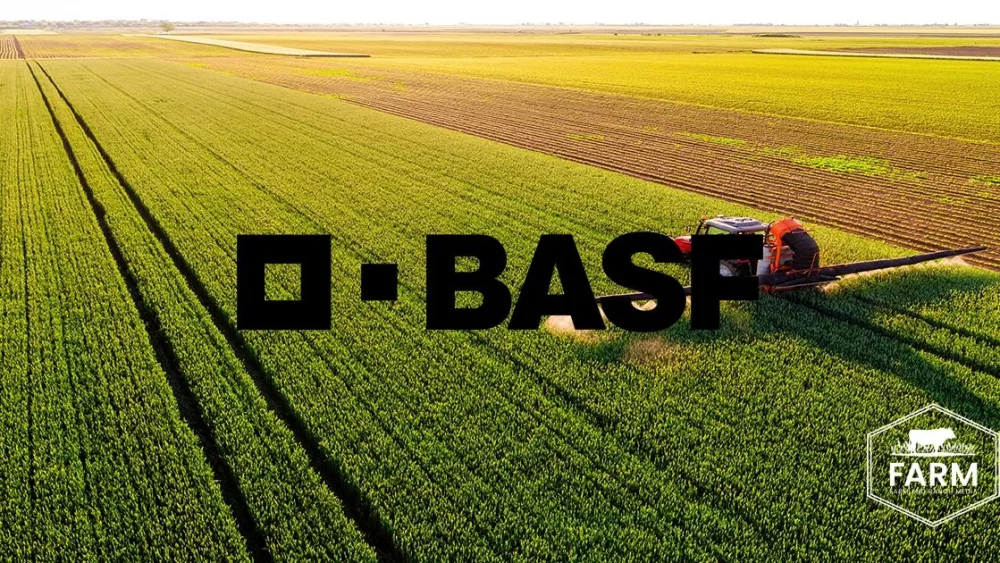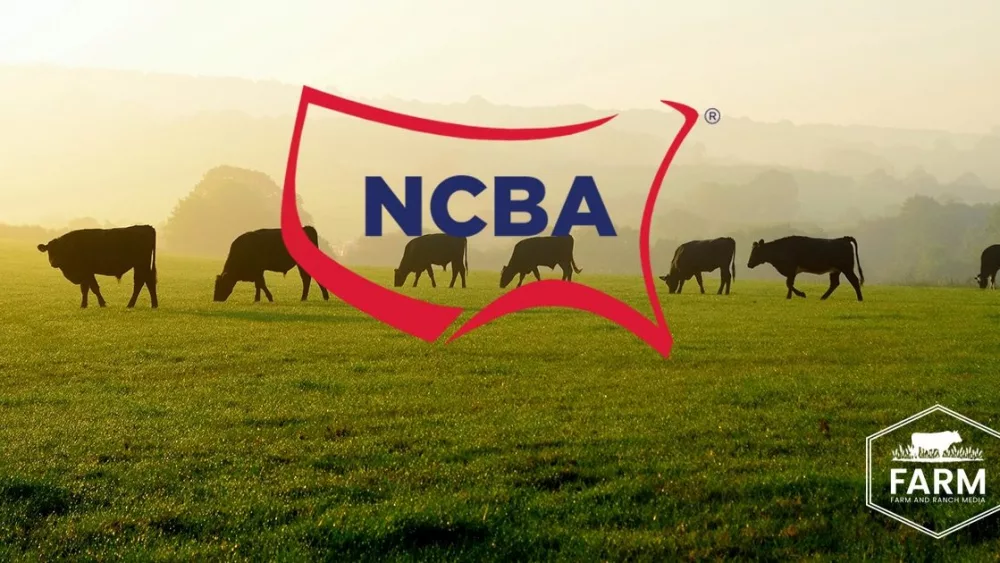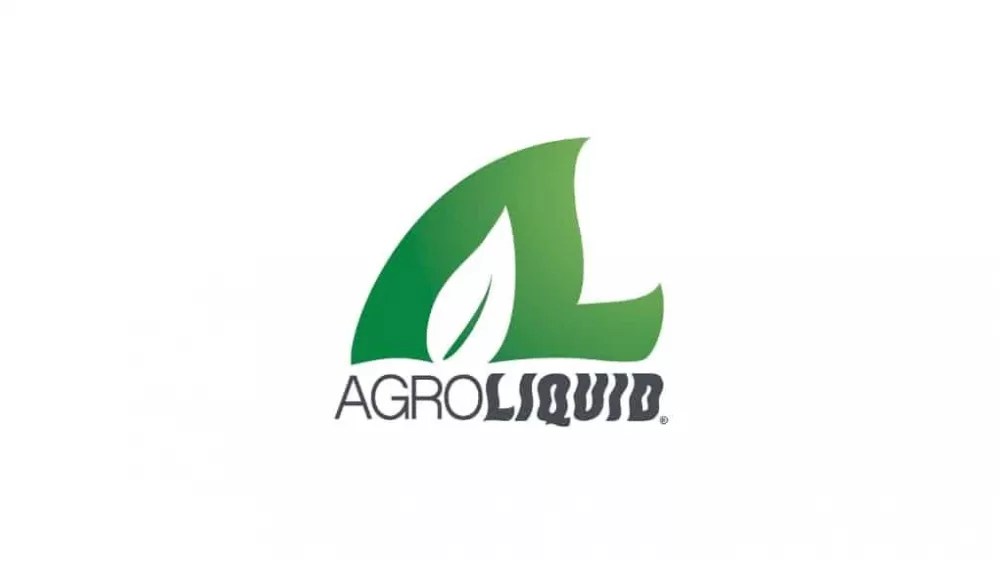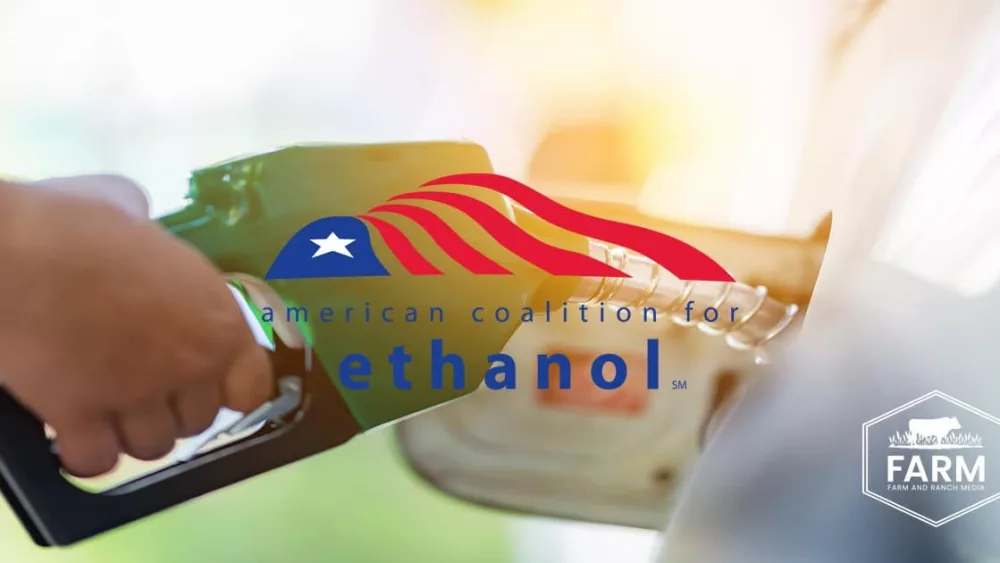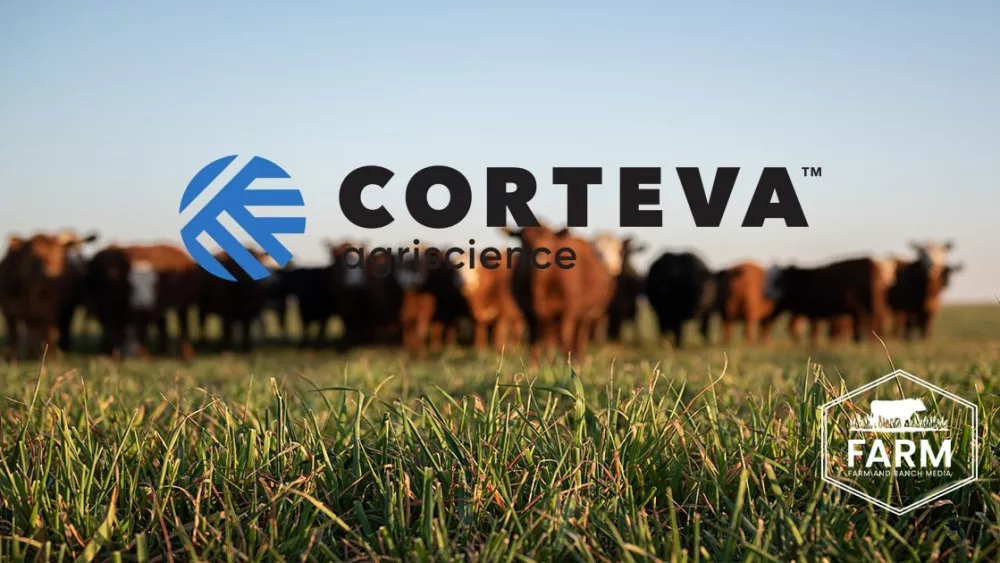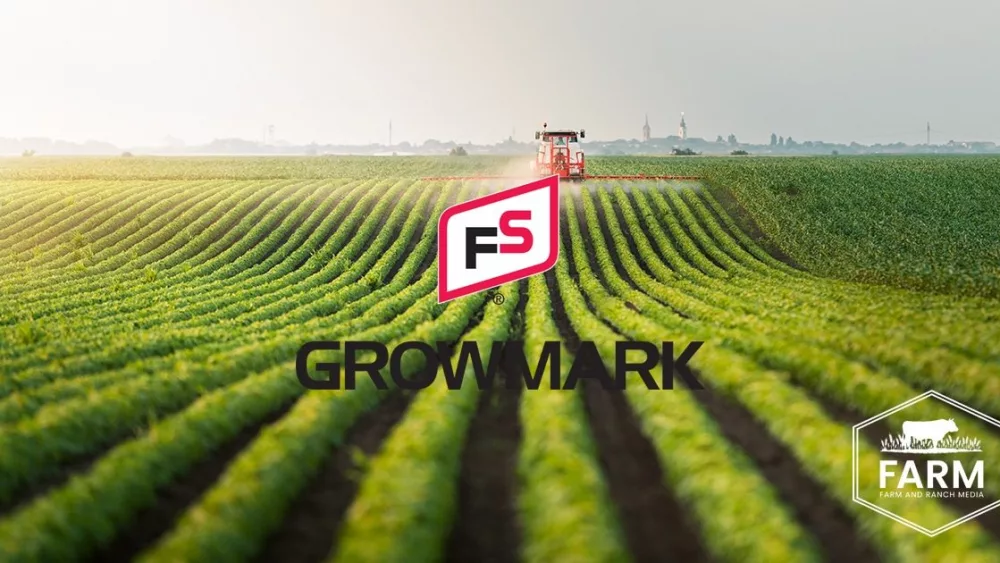We caught up with the National Cattlemen’s Beef Association at the NAFB Conference in Kansas City, MO. We talked to both Ethan Lane, Vice President Government Affairs, and Mary Thomas-Hart, Chief Counsel.
Q: We don’t have (a secretary of ag pick) yet, to my knowledge, but a long list of potential candidates. We do know who’s going to be at EPA though, with Lee Zeldin, obviously many other administrative cabinet posts have been picked. Give me a thousand-foot view of this here.
What are NCBA’s feelings looking ahead, how quickly some of this is moving and what this administration is shaping up to look like? Is it going to be friendly to agriculture and to the cattle industry?
EL: These are folks that we’ve worked with before, right. What an unusual set of circumstances that we have a new administration coming in that was basically the administration four years ago. And certainly some new faces in that mix. But we had four successful years working with Donald Trump in agriculture. He is a champion for farmers and ranchers. And I don’t see any reason to think that that would be any different this time around.
There’s an added wrinkle I think this time with some of these new faces. RFK Jr. being in the mix on food and health is something that I think everyone who actually grows food in this country is watching very intently. This is not a guy who’s been particularly complimentary of how farmers and ranchers around the country do their job.
EL: And as you know, American agriculture, we produce the highest quality, safest products in the world. And we do so from a scientifically sound spot. It’s time to saddle up and make that case and highlight that and tell the really good story we have to tell.
Q: Is there concern with Lee Zeldin being the EPA head that, I mean, looking at some of his past record on things like biofuels et cetera, doesn’t seem too friendly? So, thinking about other regulations that impact agriculture – concern, optimism unknown? What do you think?
MTH: Cautious optimism? I think when he was in Congress the renewable fuels activity was pretty much the extent of his engagement in the environmental regulatory policy, other than like kind of local New York based bills and things of that nature.
I think we have an exciting opportunity, especially in the livestock sector, to kind of go in and do some pretty baseline education and have some kind of high-level conversations.
But the administrator of the EPA is very important. The only people more important, maybe, are the people running those program offices. So, when we figure out who’s going to run the Office of Water, who’s going to run Office of Air, Pesticide or Chemical Office, those appointments are going to be equally important. And so those are going to be the people that we’re going to spend a lot of time with in the next four years.
Q: I think there are questions right now or there were questions before the election about, how we manage some of these rules that have gone into effect recently – the BLM conservation rule, the new ESA rules – the switch in administration is going to give us a lot of answers about that. So do we need to resort to litigation in some of these situations or can we rely on the administration and work with the new administration to get some rules that work?
MTH: With NCBA at least, our goal is never to litigate. We want to avoid litigation at all costs. It’s kind of a last resort option. I think we’re excited about some conversations with this new administration to avoid that as far as implementing standards that we’ve gotten in the last year or so.
I think the Chevron decision that came down in Loper Bright from the Supreme Court a few months ago is certainly going to be kind of an umbrella issue for this administration. Four years ago they didn’t have that standard. Four years ago they could act a bit more freely because they had agency deference. So it’s going to be interesting to watch this administration kind of function and try to accomplish its priorities with the lack of Chevron deference and see how this administration works with Congress.
Q: There’s been a lot of talk of tariffs with this incoming Trump 2.0 administration. And we saw tariffs back in the first go round and there’s been talk more being added. Are you concerned about tariffs impacting meat exports?
EL: Oh, without question. We’ve had four years of just nothing on trade. Disappointing to say the least. But I said this earlier today in a panel here, in the US Cattle and beef industry, I had a good experience with Donald Trump in the first term on trade.
He has a high degree of credibility with cattle producers in the US doing what he said he was going to do. Whether it was withdrawing from TPP, (which) was controversial at the time. That was market access. That was really important to us.
He went out and secured a bilateral agreement with Japan. That has been a good deal for cattle producers. He secured access for US Beef into China that we did not have before. Obviously, there are some challenges with phase one, but we’ll see what happens with that moving into this new environment. But he did the things he said he was going to do for cattle producers, and Bob Lighthizer and Greg Dow deserve a tremendous amount credit for that.
I think we have to go under this with the idea that that’s still where he is. He’s looking to get the best deal he can for farmers and ranchers. But the tariff thing is definitely concerning. It’s … a tactic that we’re not comfortable with.
It raises concerns that we’re going to be locked out of some of those other markets. I mean, the reality of that balance is we raise the best beef in the world here. And I’m a shill for the industry, obviously, but it’s also not wrong, right?
I mean, what we produce in any market, we go on into anywhere in the world becomes the dominant force immediately because nothing tastes like US Beef. So put us in the game and we will. We will expand that footprint and we will dominate. So that’s what we’re looking for, is open those markets for us and give us new places to get our products.
